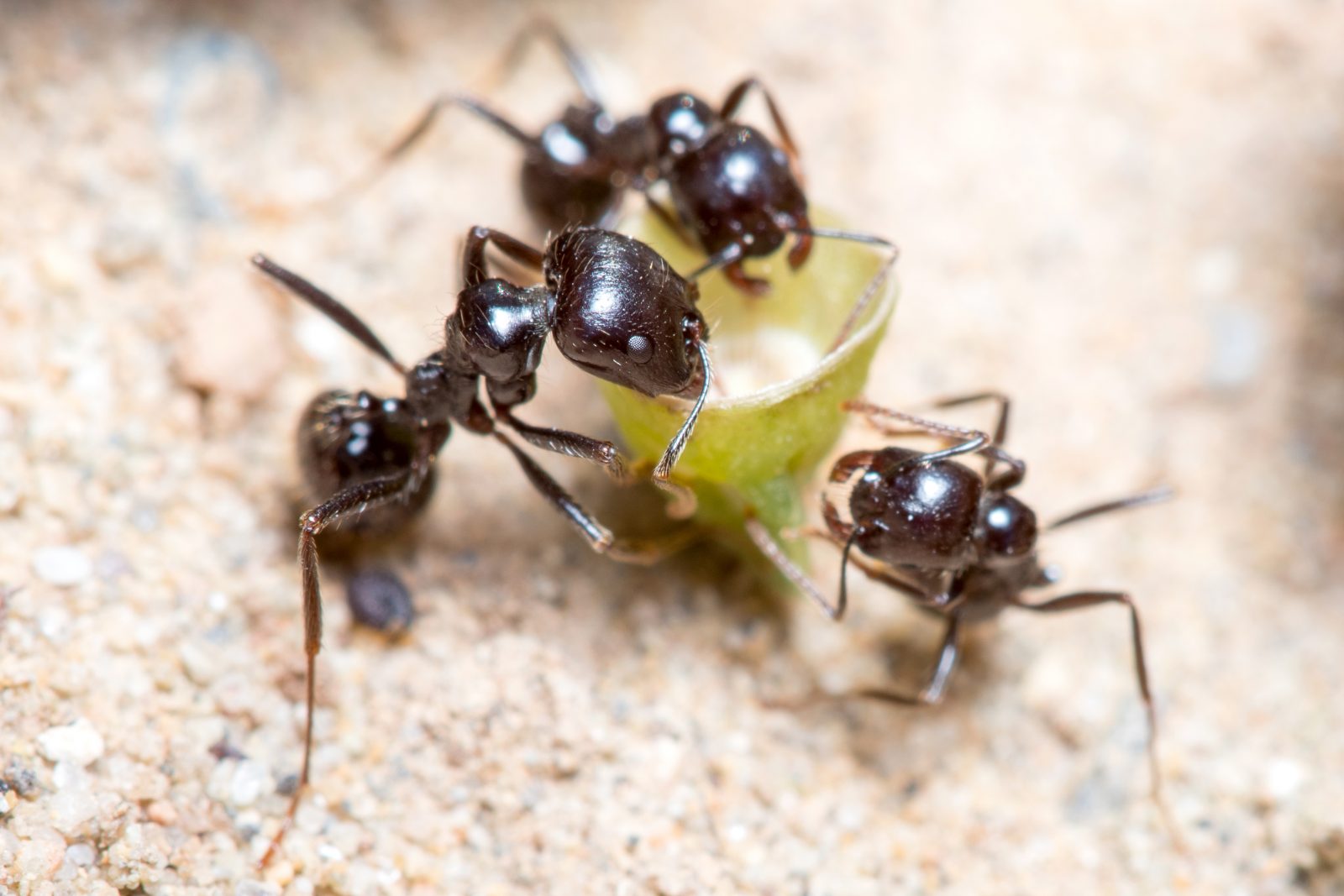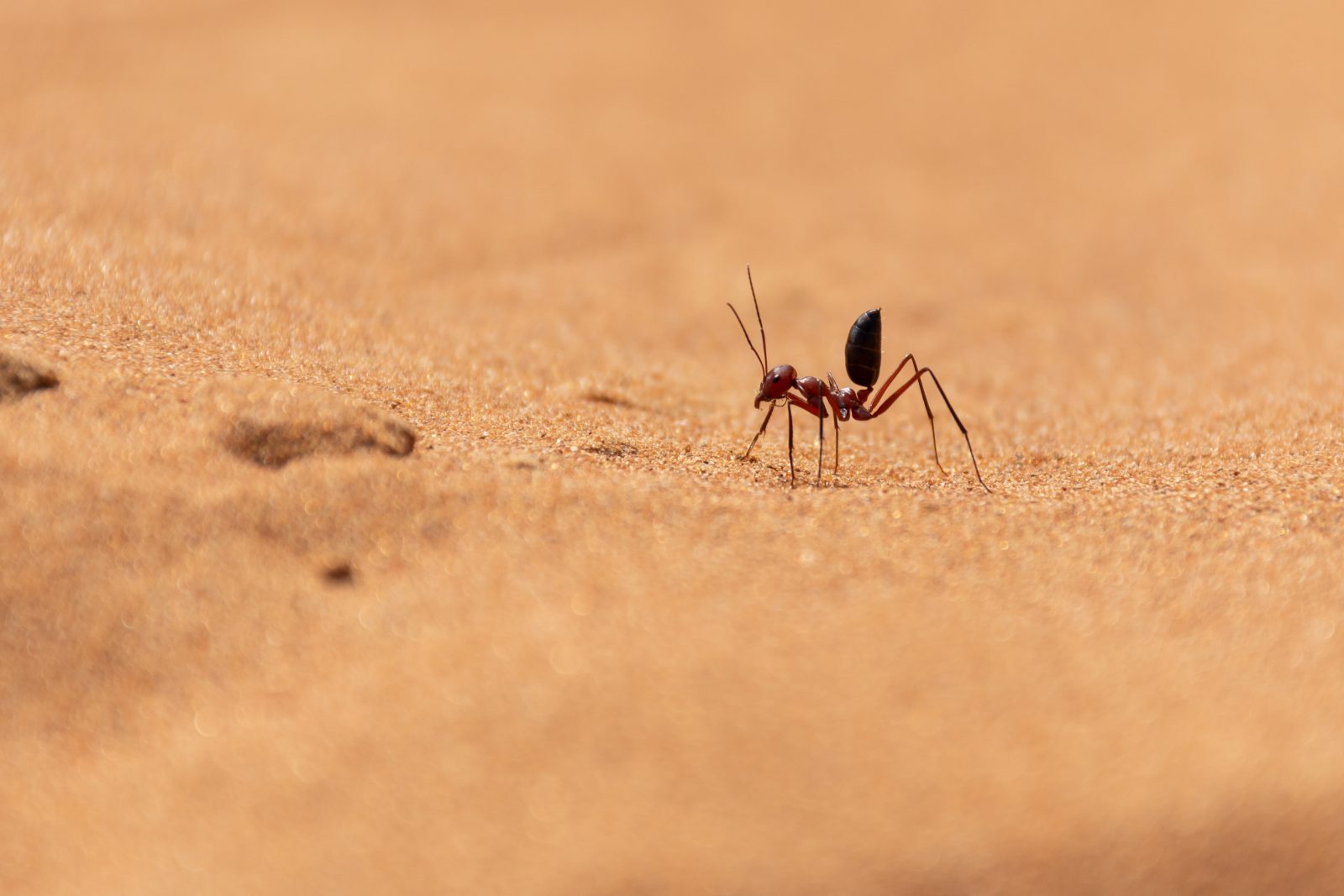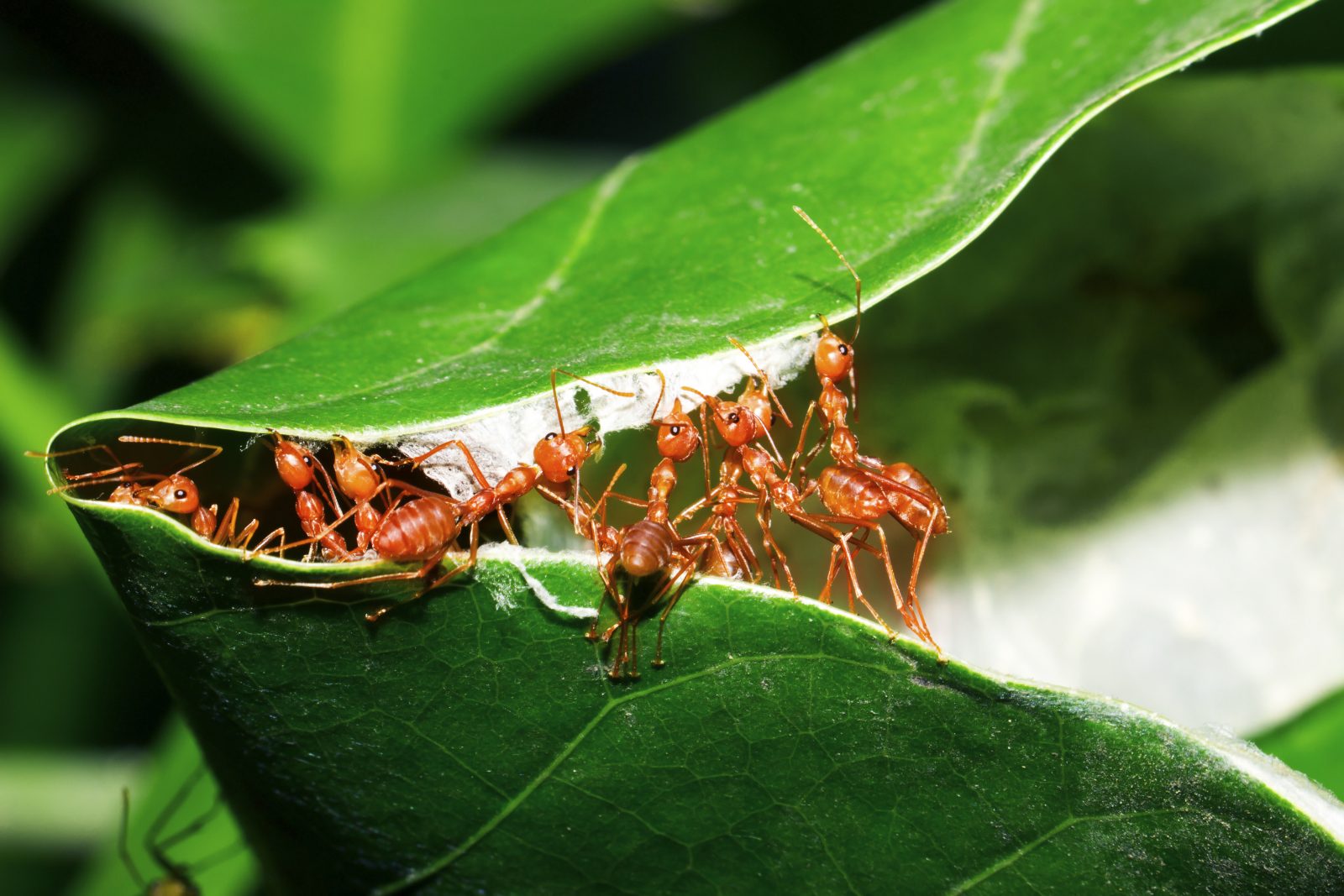
Evolution Challenge: The Harvester Ant Foraging Algorithm
On this ID the Future, Animal Algorithms author Eric Cassell explores an algorithm in the brains of harvester ants that adjusts their foraging strategy based on how available food is in their environment, thereby guiding the harvester ants toward more efficient foraging. Cassell builds off a March 2022 article in the Journal of the Royal Society Interface to explain how the algorithm in the ant’s tiny brain involves a sophisticated feedback control mechanism that includes both positive and negative feedback systems. As he further notes in the episode and in an article at Evolution News, a mathematical model of the harvester ants’ foraging behavior by Stanford University scientists confirms the control algorithm is largely optimized. Cassell’s recent book, Animal Algorithms, shows how the harvester ant algorithm is but one example of many behavior algorithms found in ants and other social insects. In the book, and more briefly in this podcast episode, Cassell explains why he sees intelligent design as a better explanation than any blind evolutionary process for the origin of these algorithms.


